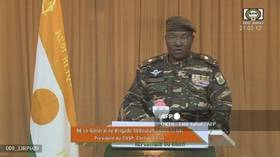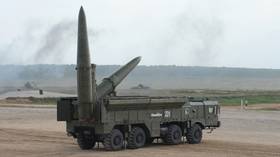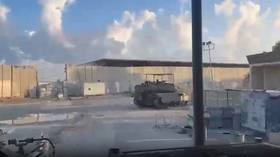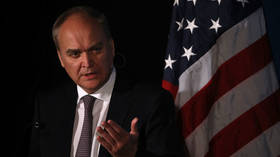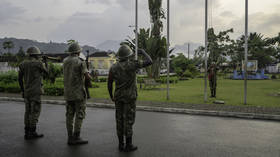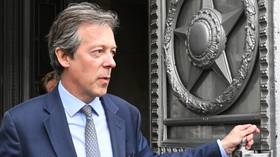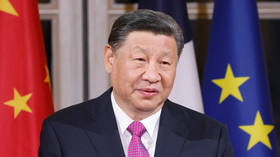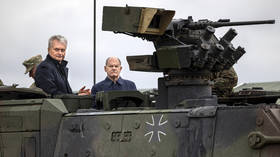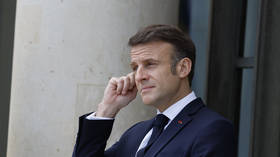Niger bans cooking gas exports
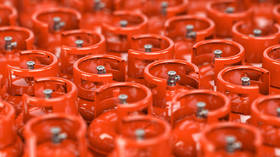
Niger has banned all exports of liquefied petroleum gas (LPG), also known as cooking gas, until further notice, the country’s government said in a statement on Tuesday.
According to local media reports, the authorities want national production to focus on supplying the domestic market. However, if surpluses arise exporters will be allowed to obtain a special permit authorizing sales abroad.
The ban came into force on October 1, 2023.
Previously, Niger’s surplus LPG was mostly exported to neighboring Nigeria, the largest consumer of the fuel in Africa with an estimated demand of around 1.8 million metric tons per year. Analysts warn that the ban may affect Nigeria, which relies heavily on imports due to the lack of domestic LPG production.
According to Niger’s energy and petroleum minister, Abdoulaye Issa, the ban is part of the country’s plan to develop the domestic gas sector and promote industrialization. Issa noted that his country has been exporting LPG to Nigeria at a subsidized price, which did not benefit Niger’s economy.
Niger has been facing an economic crisis due to regional and international sanctions that followed a military coup in the country in July of this year. Following the ouster of President Mohamed Bazoum, Niger has been governed by the National Council for the Salvation of the Homeland, headed by Guard Commander Abdourahamane Tchiani.
The Economic Community of West African States (ECOWAS) opposed the coup and imposed sanctions against the new authorities in Niamey on July 30. Member states also closed their borders with Niger, stopped all financial transactions with the country and froze Niger's state assets held in their respective central banks.
Some analysts suggest that Niger’s ban on LPG exports is in part motivated by political and diplomatic factors, as Nigeria is a member of ECOWAS. As part of the coup-related sanctions, Nigeria cut off power supply to Niger in August. It used to supply 70% of Niger's electricity needs.
For more stories on economy & finance visit RT's business section
